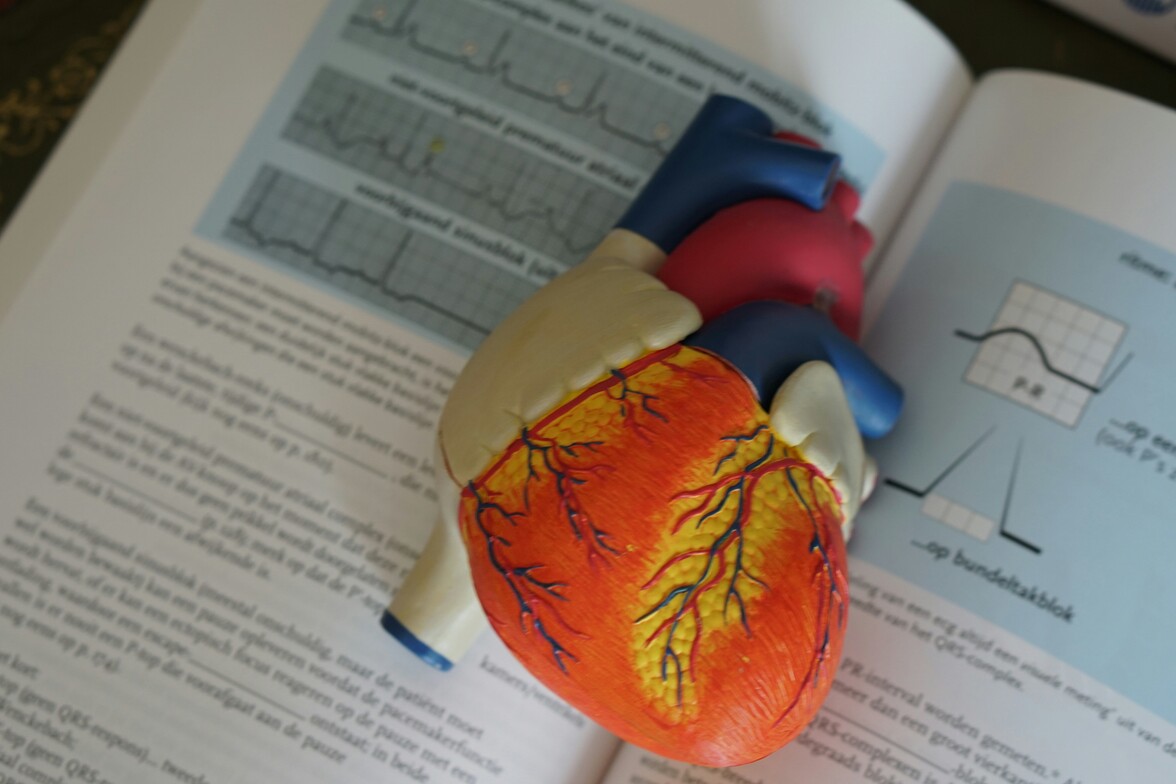
Insights into Heart Attacks: A Chiropractic Perspective
Recently, I encountered a compelling article on heart attacks authored by Dr. Thomas Cowan. Dr. Cowan asserts that the primary cause of most heart attacks lies in an imbalance within the central nervous system (CNS) and the autonomic nervous system (ANS), which regulates our internal organs. According to him, bypass surgery often provides minimal benefit because arteries compensate for blockages by developing collateral blood vessels. This assertion, backed by angiogram evidence, challenges conventional medical wisdom.
The key takeaway is the profound influence of electrical impulses from a dysregulated nervous system on heart function and the subsequent risk of heart attacks. Dr. Cowan also emphasizes the pivotal role of nutrition, suggesting that a heart-healthy diet should be rich in healthy fats like olive oil, omega-3 fats from sources such as fish and walnuts, and organic, natural butter, while minimizing sugar intake—a notable departure from the prevailing belief that fats alone contribute to heart disease.
Further underscoring the article's findings, studies abroad suggest that nurturing the nervous system through stress reduction, a heart-healthy diet, and positive social interactions can significantly lower the risk of heart disease.
Reflection as a Chiropractor
As a chiropractor, this article resonates deeply with me. My profession centers on correcting nervous system imbalances through spinal adjustments. I utilize the zone technique, targeted adjustments that balance your brain and align your spine so that your body can function at its best. There exists a direct neural pathway from the upper back and neck, areas often adjusted in chiropractic care, to the heart. The validation provided by Dr. Cowan's insights bolsters chiropractic research, reinforcing the belief that spinal adjustments and the alleviation of nerve interference in fixated spinal joints can enhance overall bodily function.
Chiropractic Insight of the Week
A study funded by the National Institutes of Health and published in the Annals of Internal Medicine reveals that patients with neck pain who sought chiropractic care were more than twice as likely to experience pain relief within 12 weeks compared to those relying on medication alone.
This perspective not only highlights the interconnectedness of nervous system health and heart function but also underscores the potential of chiropractic care in promoting overall well-being.

Dr. Stuart Katzen
Contact Me



